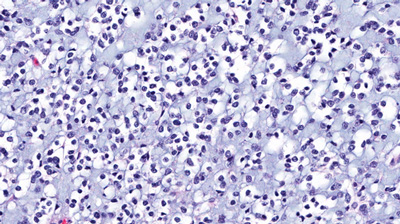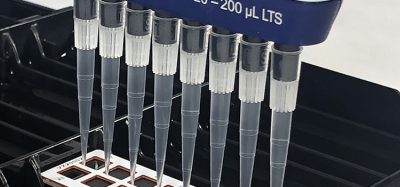Scientists to progress glioblastoma antibody into clinical trials
Posted: 23 June 2016 | | No comments yet
With funding amounting to €3.5 million, the molecule, called 6A10, shall undergo the first phase of clinical testing…


Scientists of Helmholtz Zentrum München and the Munich University Hospital (LMU) are developing a novel antibody to treat glioblastoma.


Now, with funding amounting to €3.5 million, the molecule shall undergo the first phase of clinical testing.
The molecule named 6A10 specifically binds to the enzyme carbonic anhydrase XII, which is only found on cancer cells but not on healthy brain cells. It thus has two effects: first, it directly inhibits the enzyme, which is of great importance for the fast-growing tumour cells. Second, the antibody is conjugated with lutetium-177, an isotope that is lethal for the tumour cells. The heavy metal is a beta-ray emitter and damages the cells in its immediate surroundings. Via the antibody, it reaches the remaining tumour cells directly.
Injecting the antibody
To deliver the antibody as highly concentrated as possible and as close as possible to the tumour site, the scientists plan to inject it directly at the site of the removed tumour tissue. By doing so, Prof. Dr. Reinhard Zeidler and his partners Professor Hans-Jürgen Reulen and Dr. Franz-Josef Gildehaus hope to delay or even prevent the recurrence of the disease.
“Together we have established a competent network of molecular biologists, neurosurgeons, nuclear medicine specialists, radiation physicist and radiopharmacists,” said project leader Zeidler.
In the first phase, Zeidler and his colleagues want to lay the foundation for the clinical testing: “First, this involves proper production of the antibody in compliance with the mandatory law on drugs for human use.” This will be followed by the first tests on patients. The scientists expect the initial study to have 12-15 participants who will receive the active agent.
“Our hope is that in the long term we can develop a new treatment option for glioblastoma patients” said Zeidler, looking ahead at the future. In addition to the hope of developing a successful treatment for brain tumours, Zeidler and his colleagues have their sights on other types of tumours. Since the target molecule carbonic anhydrase XII is also overexpressed in other cancer cells, it is conceivable that the molecule could be used against other forms of tumours such as lung cancer, according to the scientists.








